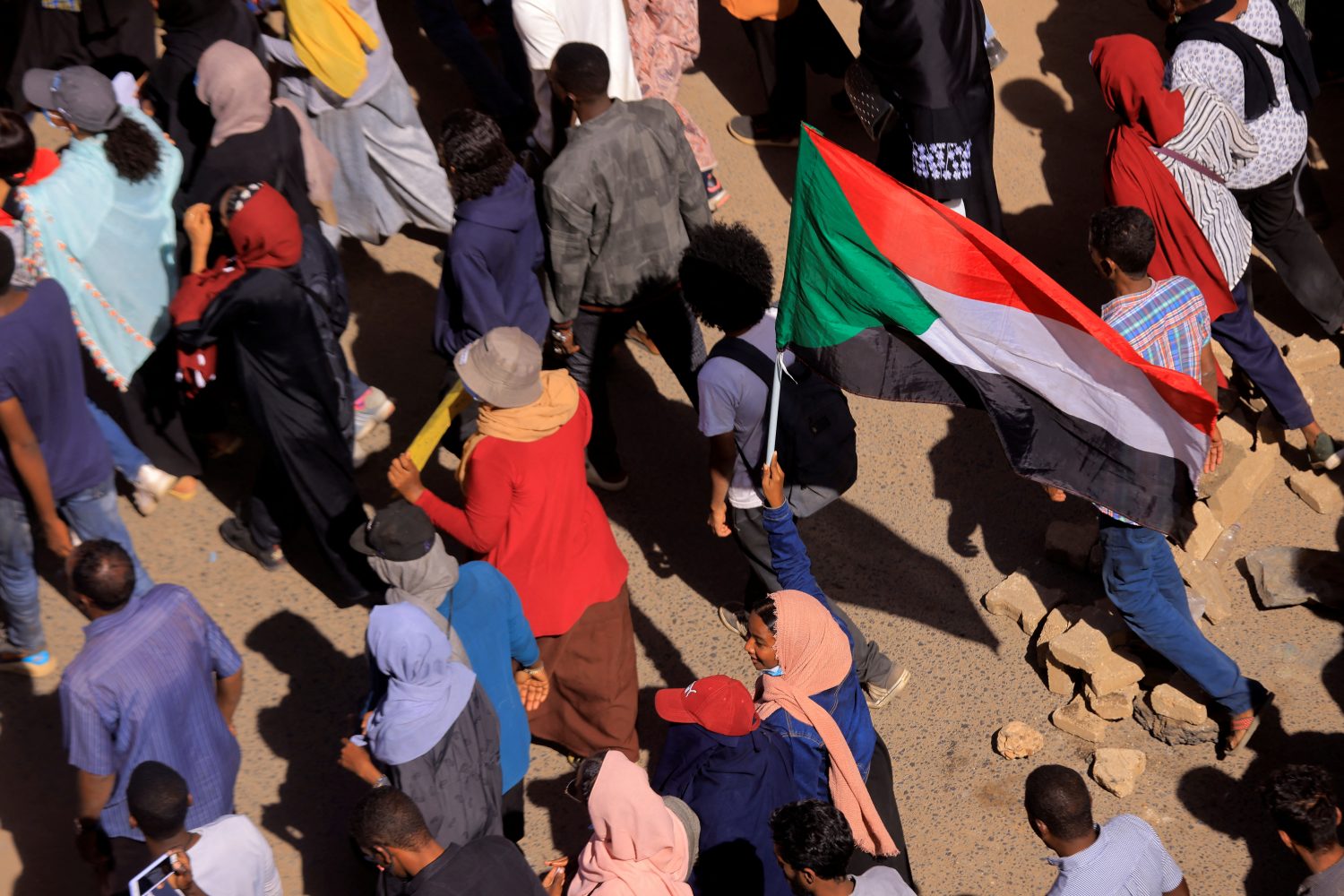Dissent
We challenge torture that is used to supress activism and protest.
Torture is used with impunity against human rights defenders, journalists, lawyers, protesters, and activists, particularly climate and environmental defenders. This often takes the form of police brutality.
As authoritarianism has risen around the globe, the use of torture to crush dissent has also increased, including through the inappropriate use of emergency powers. Activists are often forcibly disappeared, the inherently clandestine nature of which makes it easier for torture to take place.
The use and threat of torture against those who dissent closes down civil society space, creating an atmosphere of fear, making it even more difficult to hold governments to account.
REDRESS is responding to this problem in specific jurisdictions with projects that use strategic litigation to highlight the issue, determine responsibility, and push for policy reform.
REDRESS exposes torture used to suppress dissent through projects and cases including:
- The United Against Torture Consortium. We are part of this consortium which brings together six of the world’s leading anti-torture organisations with the aim to strengthen and expand the anti-torture movement by pooling their expertise in torture prevention, protection, survivor rehabilitation and strategic litigation against torture.
- The Global Initiative Against Impunity. REDRESS has joined forces with 10 international organisations to implement a global four-year initiative to secure far-reaching justice and accountability for survivors and victims.
- The International Accountability Platform for Belarus. REDRESS is co-lead of the International Accountability Platform for Belarus (IAPB), a coalition of independent non-government organisations that have joined forces to collect, consolidate, verify, and preserve evidence of gross human rights violations committed by Belarusian authorities and others before and after the 2020 presidential election.
- Rising attention about enforced disappearance in Africa. We have used strategic litigation to increase attention to the prevalence enforced disappearances in Africa and supported the adoption of Guidelines by the African Commission on Human and Peoples’ Rights.
- The case of Samuel Wazizi, a Cameroonian journalist who had been a critic of the government’s handling of the protests in Anglophone Cameroon, and who died in custody, after being taken to a police station in 2019.
- The case of Magdulein Abaida, a Libyan women’s rights activist who was arbitrarily detained and tortured in Libya in 2012, securing an important decision from the UN Human Rights Committee for women human rights defenders in the MENA region.
Photo by REUTERS/Mohamed Nureldin Abdallah. Protesters march during a rally in Khartoum against military rule following the coup in Sudan in 25 October 2021.

